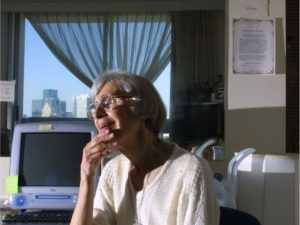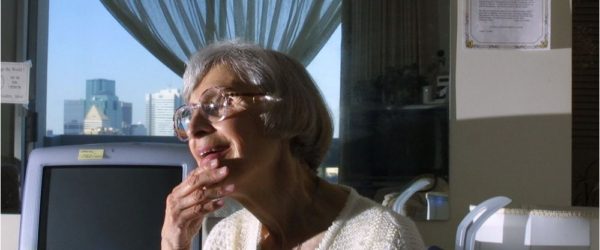I remember once when I was in third grade, I was assigned a worksheet to familiarize myself with the structure of an atlas. I found pages of maps of the world. Much like anyone else does when they stumble upon a map, I automatically looked for the city of Atlanta, where I lived and called home. Then, I looked for the country my family had always told me where I belonged: Libya. I got so excited when I saw its outline there. I was shocked at the fact that other people in the world recognized its existence, this country of mine. I was young, but still knew to expect confusion from others when I revealed where I was originally from. I went to the teacher’s desk to show her what I had found. I pointed out the country and told her of my connections to it. She smiled, nodded and told me to go back to work before the bell rang. I felt weird, as if she did not understand what I was showing her. She didn’t express a fraction of the happiness that I felt. I thought of ways to try and convince her to see what I saw, but there wasn’t enough time.
I remembered this same feeling when I walked down the street alone and found a magazine with a woman in a hijab on the cover. It was the first time I had seen a Muslim woman portrayed as herself, not as an oppressed symbol of ‘third world’ poverty and abjection. I brought it home with me. I still haven’t read the magazine, the interview, or even looked up more information on the featured woman. I just have the magazine to remind me of the recognition that a Muslim woman, like me, received.
There is a Junot Diaz quote where he expands on the importance of reflection, one that I come back to frequently.
“There’s this idea that monsters don’t have reflections in a mirror…It’s that if you want to make a human being into a monster, deny them, at the cultural level, any reflection of themselves. And growing up, I felt like a monster in some ways. I didn’t see myself reflected at all…That the whole society seems to think that people like me don’t exist? And part of what inspired me, was this deep desire that before I died, I would make a couple of mirrors. That I would make some mirrors so that kids like me might seem themselves reflected back and might not feel so monstrous for it.”

Lila Fahlman [Source].
Recently, In the Canadian city of Edmonton, two Muslim female feminists are being recognized by having two schools named after them. One will be named after Lila Fahlman who is known as the first female Muslim chaplain in North America. Lila Fahlman earned her Ph.D in educational psychology making her the first female to do so from the University of Alberta. The Canadian Council of Muslim Women (CCMW) recognizes her as “the first Muslim woman to be awarded the Order of Canada for her service to the Muslim community, violence against women and inter-faith dialogue.” The CCMW also has established a scholarship for Canadian Muslim women in her name.
![Hilwie Johma Hamdon [Source].](http://www.muslimahmediawatch.org/wp/wp-content/uploads/2016/07/lebanese-canadian-pioneer-hilwie-hamdon-was-an-edmonton-musl-1-300x225.jpeg)
Hilwie Johma Hamdon [Source].
The other school will be named after Hilwie Johma Hamdon, who opened Edmonton’s first mosque, the Al-Rashid Mosque, which still stands to this day. The Al-Rashid Mosque is also known as the first mosque built in Canada. Hamdon raised and collected the funds herself to create a space for Muslims to openly practice their religion. She worked tirelessly with other fellow Muslims towards appealing to the mayor and general public in order to establish the mosque. Edmonton’s decision to honour these women can be considered a small, but effective move towards countering the Islamophobia that is sweeping the globe.
It is important to remember the everyday lived experiences of Muslim women in the West. The fact is that Muslim women recently get kicked out of public spaces, spat on while grocery shopping, and stripped searched without any dignified reason. No amount of recognition can erase this. However, there is still hope.
Maybe some kids will pass by the schools in their cars with their parents and tug at their mother’s shirts, pointing and smiling at the similarity in their names with the plaques in front of the buildings. They’ll see themselves reflected and represented. I only wish Lila Fahlman and Hilwie Johma Hamdon could have seen their names imprinted on these buildings, permanently leaving their mark for decades to come within the city. But I take comfort in the possibility for young Muslim women to find a little piece of that same joy I felt and still do feel at times, a joy I can only describe as that of feeling seen.

